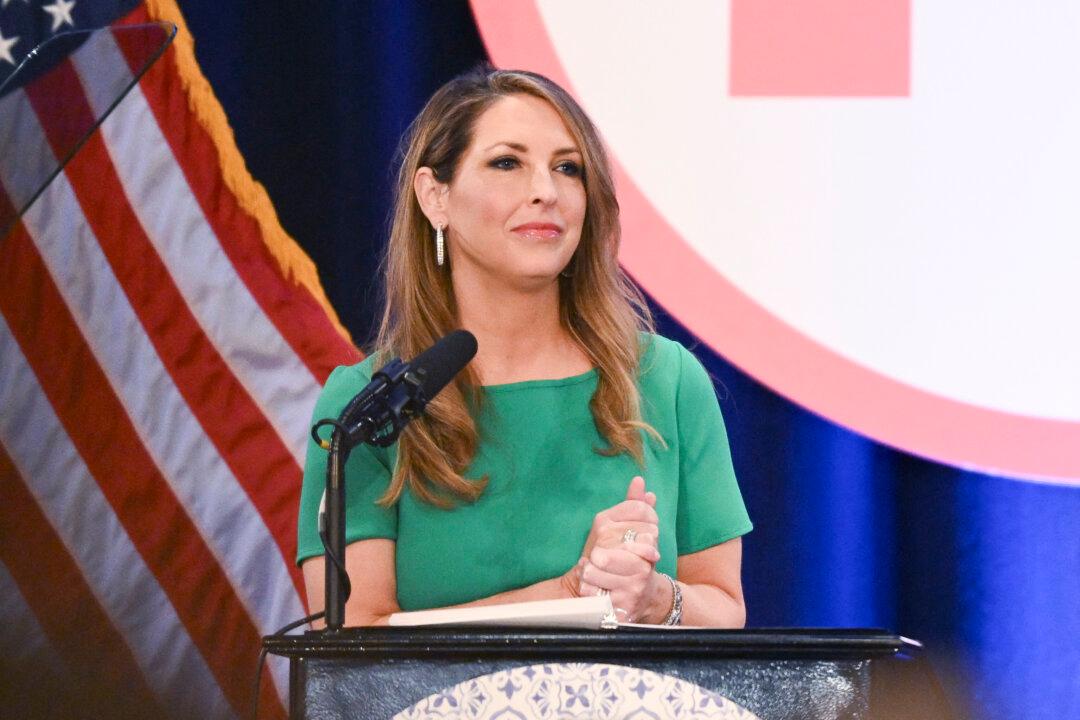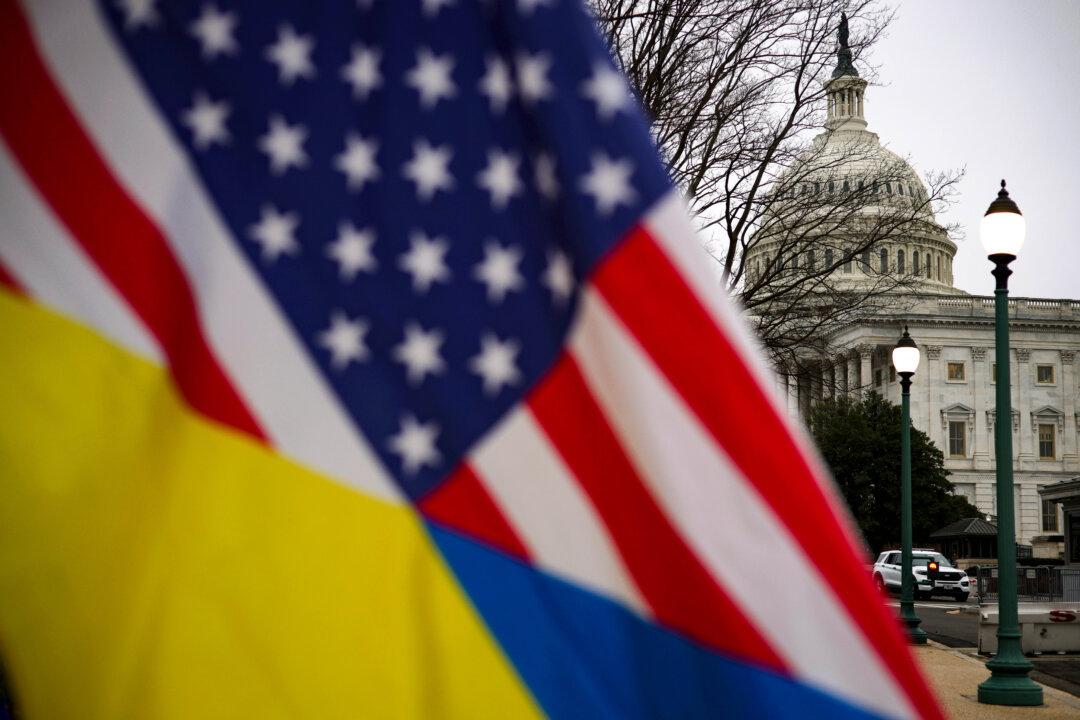Sen. Joe Manchin (D-W.Va.) said he will vote against For the People Act, a sweeping election reform bill pushed by his Democratic colleagues that’s also known as S. 1 in the Senate, saying forcing it through via the reconciliation process will further deepen divisions.
“I believe that partisan voting legislation will destroy the already weakening binds of our democracy, and for that reason, I will vote against the For the People Act,” he wrote in home-state newspaper The Charleston Gazette-Mail.





